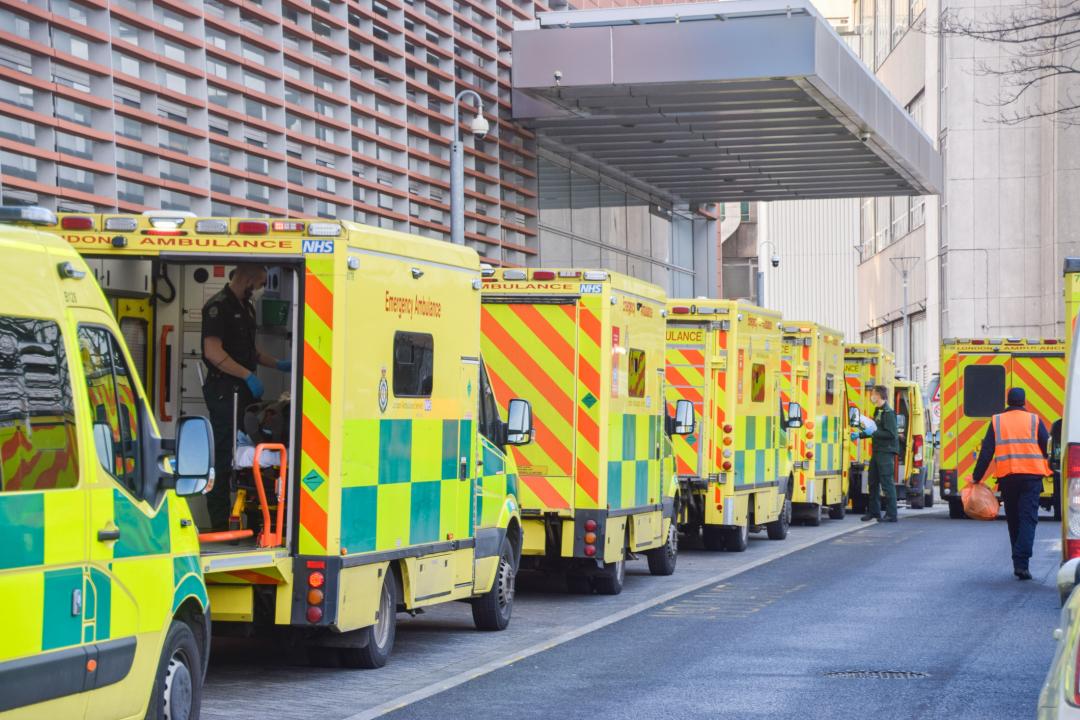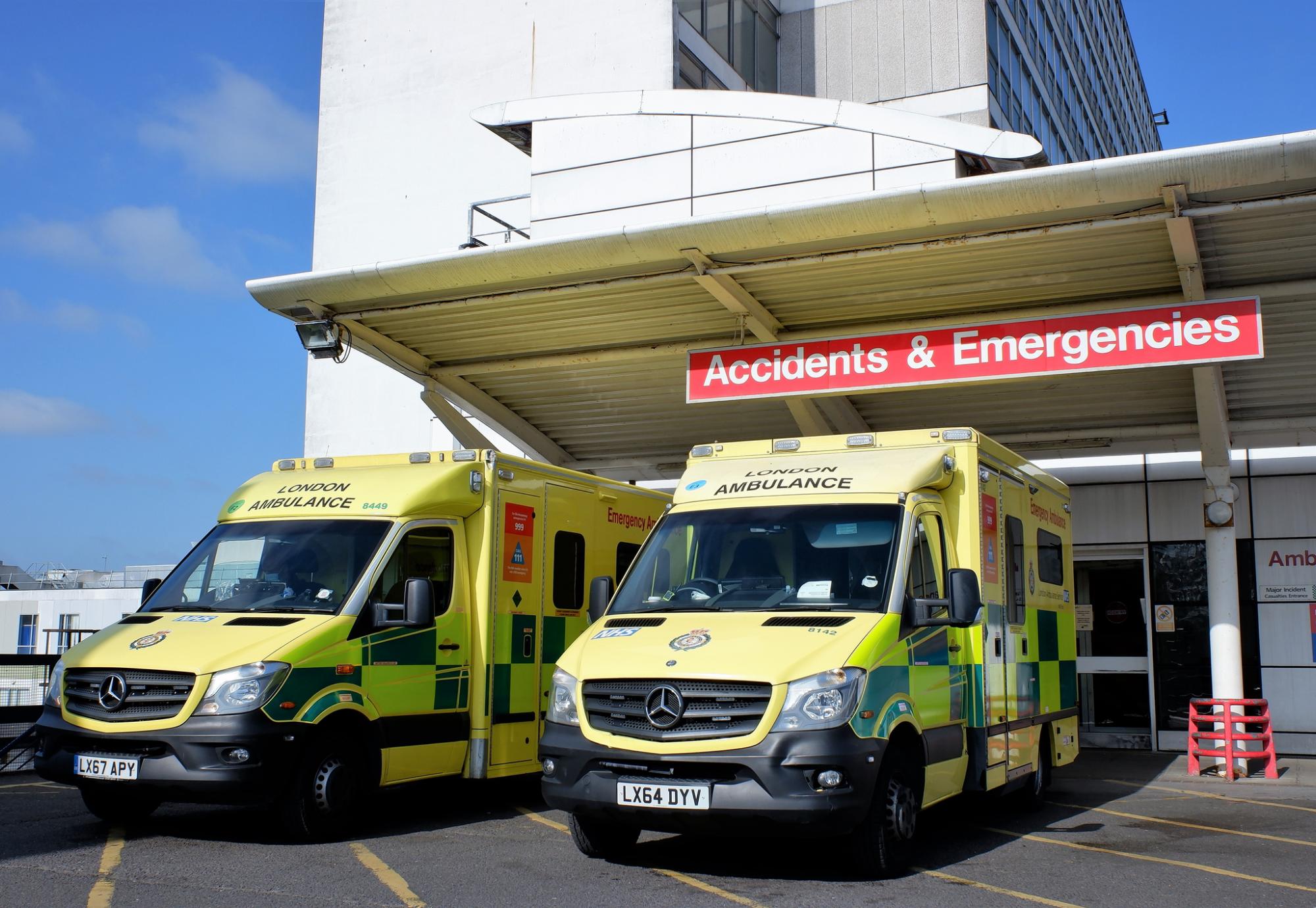NHS A&E departments are under enormous pressure, with over 410,000 people waiting over half a day for admission last year. This is up from 98,000 the previous year, and it is having a significant impact on patients.
There are a number of reasons for this pressure, including:
- Increasing demand from an aging population with increasingly complex needs. As our population ages, there is a greater demand for healthcare services. Older people are also more likely to have complex health conditions, which can require longer stays in hospital.
- Social care plays a vital role in supporting people with chronic health conditions and disabilities to live independently. However, it's claimed the social care sector is underfunded and understaffed, which means that people are often waiting longer to be discharged from hospital or to receive the support they need at home.
- An elective care waiting list of 7.3 million people. People who are waiting for elective surgery are often experiencing pain and discomfort, and their quality of life can be severely affected. The long waiting lists for elective surgery are also putting pressure on A&E departments, as some people may turn to urgent care for treatment.
- NHS A&E departments are often the only place where people can go to get immediate help, even if their condition is not life-threatening. This is because there is a shortage of staff, beds, and capacity in other services, such as urgent care centres and GP surgeries.

Responding to the publication of annual A&E activity figures by NHS Digital, Matthew Taylor, chief executive of the NHS Confederation, said:
“A&Es have been under enormous pressure for years, with people naturally gravitating towards ‘where the lights are on’ and where they know they will be seen in a relatively short time frame.
“But it’s not just A&Es that are under pressure and that is the problem. With general practice and primary care also facing huge demand, we know that patients may turn towards urgent and emergency care should they struggle to get a GP appointment at a time suitable to them.
“As well as this we have an aging population with increasingly complex needs, a neglected and under resourced social care sector, and an elective care waiting list currently standing at 7.7m, all of which has consequences for A&Es which provide a safety net for the entire system. For instance, many of those on waiting lists might develop complications to their condition and so seek help from urgent care.
“The data for last year shows the scale of the effects ever growing demand is having on A&E and on patients, with over 410,000 people waiting over half a day for admission, up from 98,000 the previous year, and this isn’t even from time of arrival, so a patient could’ve been waiting much longer. But with too few staff, beds, or capacity and availability in alternative services, health leaders can only do so much.
“This level of demand is unsustainable, so we need to see a greater focus on prevention and resourcing for community care to help relieve some pressure, keep patients healthy and out of hospital, and enable them to get care closer to home.
Photo Credit: iStock



















